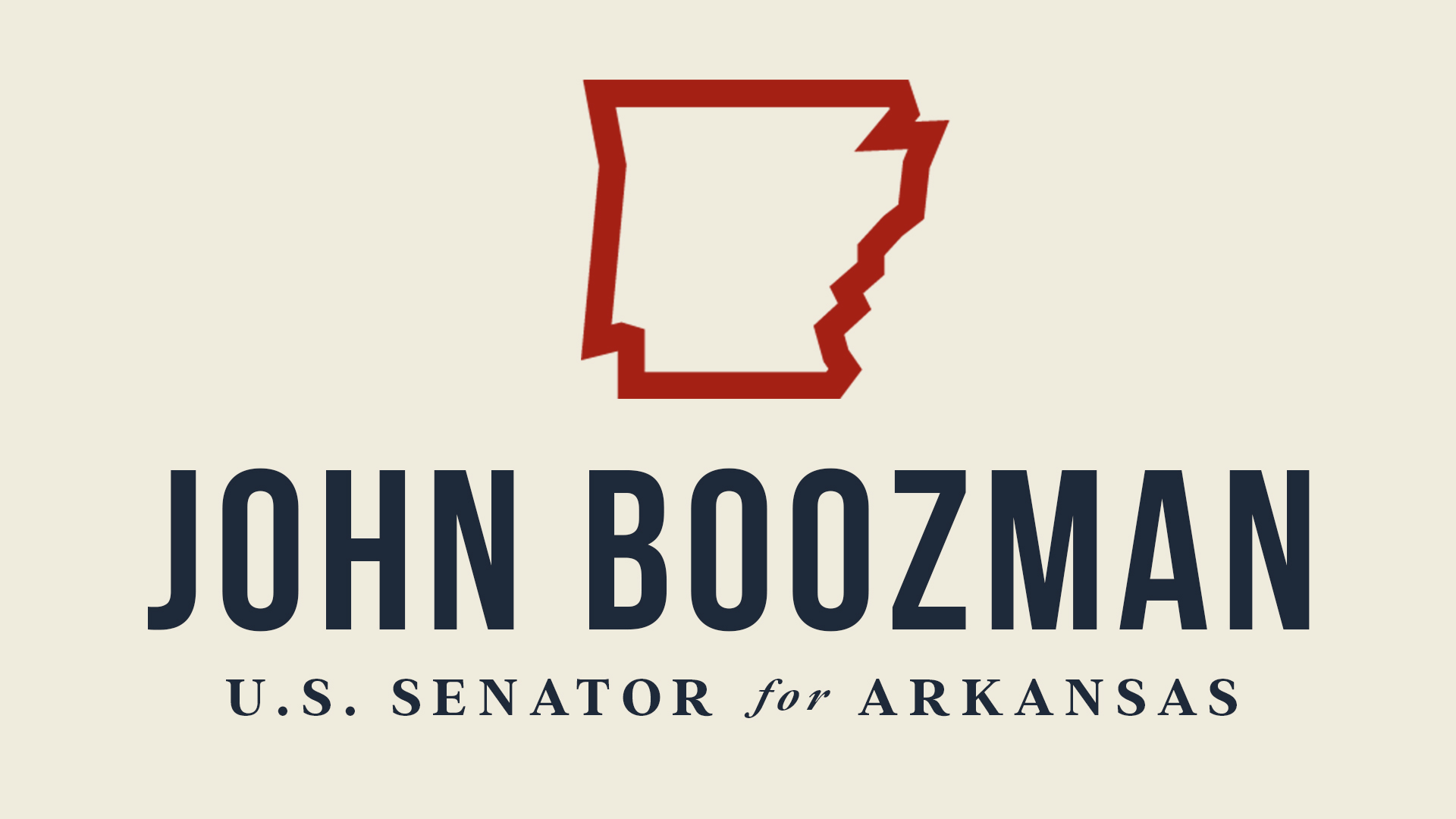Source: United States Senator for Arkansas – John Boozman
WASHINGTON – U.S. Senator John Boozman (R-AR) joined Sens. Gary Peters (D-MI), Tim Kaine (D-VA) and Mike Braun (R-IN) to introduce the Making Education Affordable and Accessible Act (MEAA), legislation that would expand the use of existing federal grants available for higher education institutions to support dual or concurrent enrollment initiatives and early college high school programs to help make higher education more accessible and affordable.
Concurrent enrollment provides high school students the opportunity to take college-credit bearing courses taught by college-approved high school teachers, while dual enrollment involves students being enrolled in two separate institutions. Early college high schools are located on college campuses or within schools, respectively, and allow students to begin working toward an associate’s degree while they complete the necessary coursework for a high school diploma. This model often includes a 13th year to allow students to complete their associate’s degree.
“In Arkansas, concurrent enrollment and early college programs have a proven track record of providing students with the tools and skills they need to be successful in today’s competitive job market. It is crucial we continue to create more affordable opportunities for them to pursue higher education and launch successful careers,” said Boozman. “I am proud to support this bill that will improve access to these cost-effective programs that enhance their potential and benefit the broader economy.”
“There are commonsense steps we can take to make higher education more accessible and affordable,” said Peters. “My bipartisan bill would expand opportunities for high school students in Michigan and across the U.S. to obtain college credit and get a jump start on their careers, without taking on crippling student loan debt.”
“The skyrocketing costs of higher education have put opportunities out of reach for too many students and hurt our economy. I’m committed to lowering those costs so Virginia students can achieve their goals without being saddled with debt,” said Kaine. “I’m proud to join my colleagues in introducing this bipartisan legislation to help make higher education more affordable by increasing access to dual enrollment and early college programs to allow more high school students to earn college credit.”
“The real cost of obtaining a four year degree in the United States has become so unaffordable, many young students are rightfully deterred by the idea of taking on massive amounts of debt,” said Braun. “I’m proud to cosponsor The Making Education Affordable and Accessible Act, which reduces the financial strain on young people and their families, and provides more value to higher education.”
The MEAA would allow money from the Higher Education Act Title VII Fund for the Improvement of Postsecondary Education to be used by institutions of higher education to:
- Carry out dual or concurrent enrollment programs as well as early college high school programming;
- Provide educators in these programs with professional development;
- Assist students in the program in covering education-related costs such as tuition and fees, books, and transportation; and
- Support activities such as course design, course approval processes, community outreach, student counseling and support services.
The MEAA is supported by a broad group of education organizations and institutions. Here is what they’re saying:
“Under today’s student debt crisis, too many individuals are being hampered by the financial burdens of their postsecondary education,” said Marc Egan, National Education Association (NEA) Government Relations Director. “Expanding greater access to high quality dual enrollment courses would not only provide an accelerated opportunity for students to receive a postsecondary degree, but also reduce their student debt.”
“School leaders support the Make Education Affordable and Accessible Act because it gives our students a pathway to and through college,”said Ronn Nozoe, CEO of the National Association of Secondary School Principals. “And as higher education costs far outpace teacher pay, this legislation will help hopeful educators afford the certification they need to enter the classroom.”
“Expanding dual enrollment and early college high schools is a critical step towards accelerating postsecondary attainment rates and economic mobility by blurring the lines between high school, college, and careers,” said Maria Flynn, President and CEO, Jobs for the Future.
“Dual and concurrent enrollment programs are a key part of the connections between our secondary education, postsecondary education and workforce systems,” said Association for Career and Technical Education Executive Director LeAnn Curry. “By expanding grants to support these programs and professional development for educators, the MEAA will strengthen the talent pipeline for the 21st century American workforce. Through dual and concurrent enrollment opportunities, students can earn and make progress towards industry-recognized credentials that demonstrate the foundational skills students have obtained through CTE programs. As we confront emerging workforce challenges, we must be nimble in connecting students with career opportunities through dual and concurrent enrollment programs. We commend this bipartisan legislation and its sponsors for their leadership.”
“Time and cost are the most significant barriers to student success. The Making Education Affordable and Accessible Act cuts the cost of college, reduces the time to a degree and helps prepare students for career and life success regardless of family income,” said Lillian Pace, KnowledgeWorks Vice President of Policy and Advocacy. “Earning post-secondary credits in high school is a proven, high-impact approach to preparing students to succeed in a rapidly changing economy. This Act is an important step to getting education barriers removed.”
